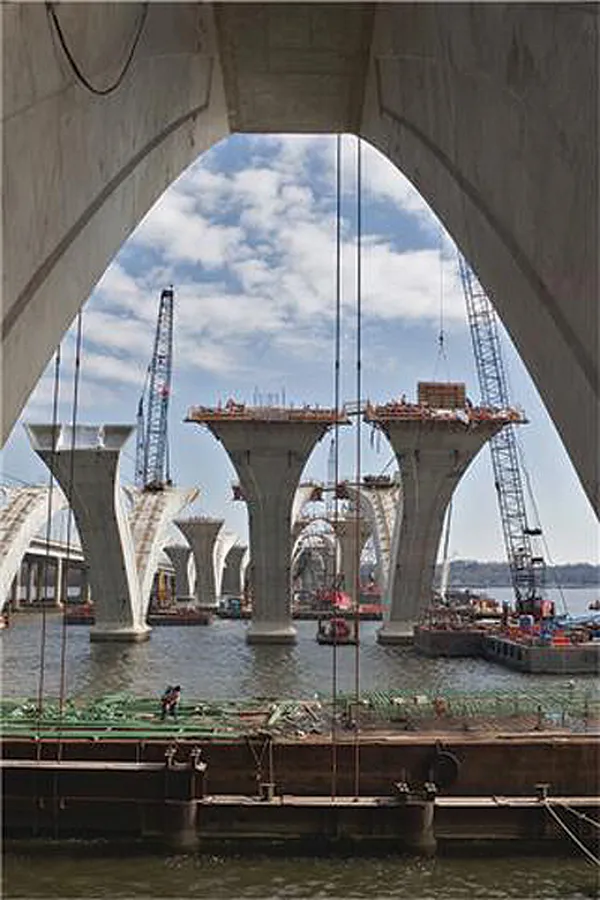CECE covers all of the EC and is pushing hard for further investment in infrastructure construction as a means to revitalise the economy. “Our industry looks forward to the implementation of the right policies and incentives to nurture sustainable growth and jobs”, said Ralf Wezel, CECE secretary general. CECE and the European contractor’s association FIEC believe that investment in transport is essential for growth and jobs. To strengthen European competitiveness, delivery of this much needed investment mu
July 19, 2012
Read time: 3 mins

CECE covers all of the EC and is pushing hard for further investment in infrastructure construction as a means to revitalise the economy. “Our industry looks forward to the implementation of the right policies and incentives to nurture sustainable growth and jobs”, said Ralf Wezel, CECE secretary general.
To strengthen European competitiveness, delivery of this much needed investment must no longer be delayed. The FIEC and CECE are looking ahead to the legislative procedures on the Connecting Europe Facility (CEF) and the revision of the Trans-European infrastructure, both currently under discussion.
MEP Dominique Riquet, co-rapporteur of the leading European Parliament Committee TRAN, confirmed that “CEF is one of the most relevant tools we have in the current debate between stability and growth. It has a potential for creating jobs in the industries related to infrastructure building and operation. Well-functioning networks are also an asset for the rest of the economy and help the machinery industry to develop innovative products while raising the competitiveness of the EU as a whole.”
The chairman of FIEC’s Working Group on PPPs and Concessions, Vincent Piron, stated that the construction industry strongly supports the Commission’s financial proposal amounting to €50 billion for 2014-2020. Moreover, he stressed, “This amount is the bare minimum and must not be cut in the negotiations on the future EU financial perspective for 2014-2020 as has been the case in the past.”
Both CECE and FIEC agree on the urgency of securing proper levels of public investment from national and local budgets, which should be backed by the earmarking of revenues a strong European regional policy and an ambitious lending policy from the
Wezel said that CECE and FIEC are both calling for a healthy balance between public and private investment in this field. He said, “Innovative financial instruments proposed by the Commission, such as Project Bonds, are welcome but, given restricted access to credit, they cannot replace an effective policy of long-term public investment.”
FIEC director general Ulrich Paetzold added, “Several major infrastructure projects have been cancelled or delayed, with the risk to Europe’s future competiveness and standard of living”. He continued, “As a result of the crisis, fiscal consolidation is necessary however this should not negatively impact on infrastructure investment in the discussions on the next EU multi-annual financial framework. Rekindling growth in Europe will only come with a coherent vision for long term investment in vital infrastructure.”








